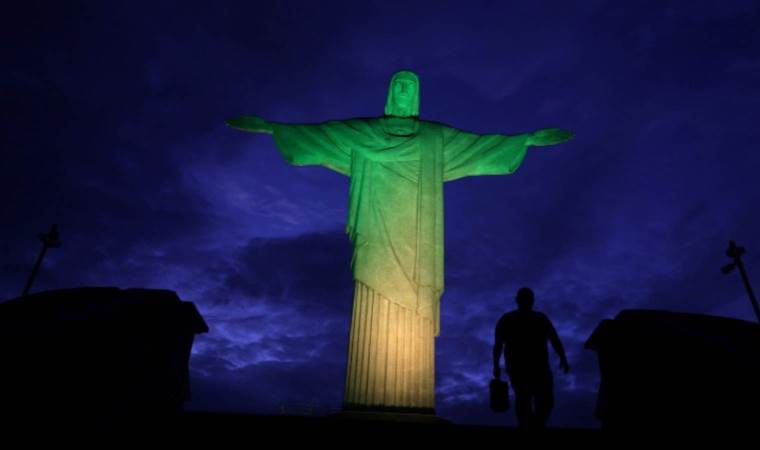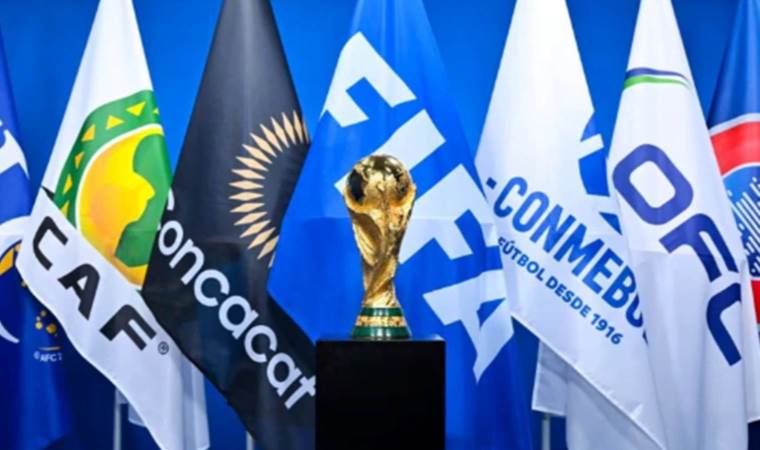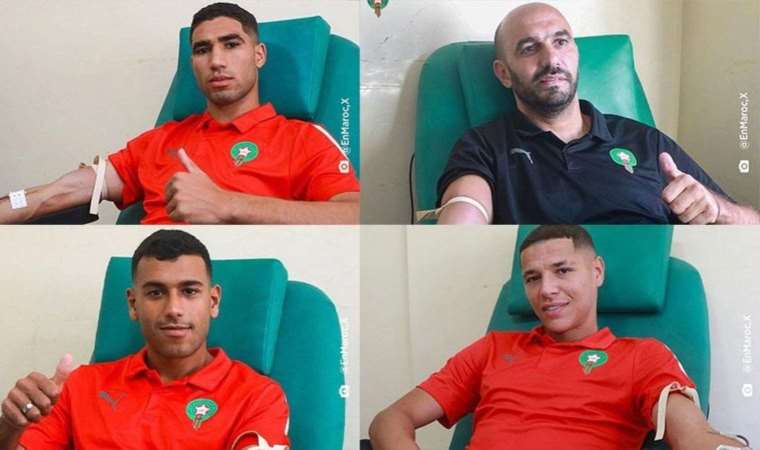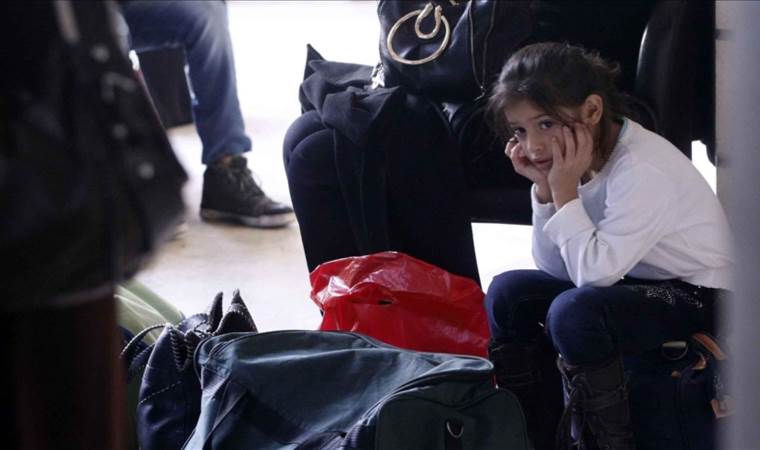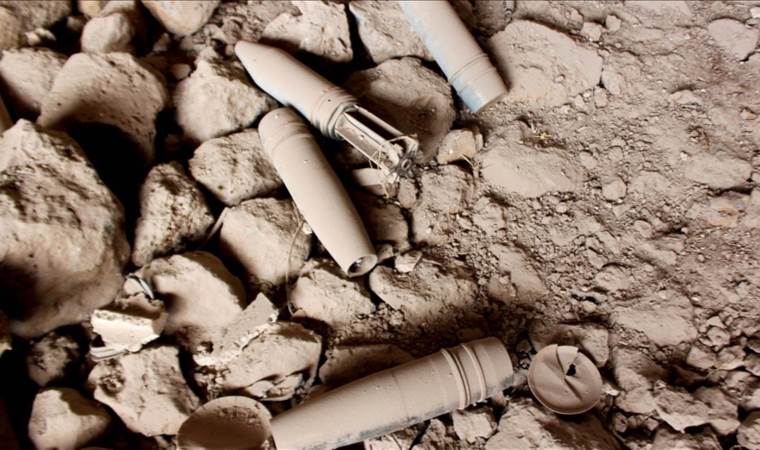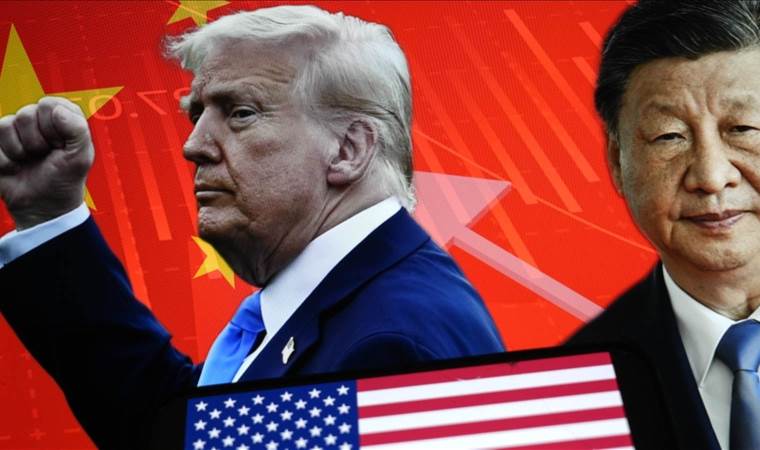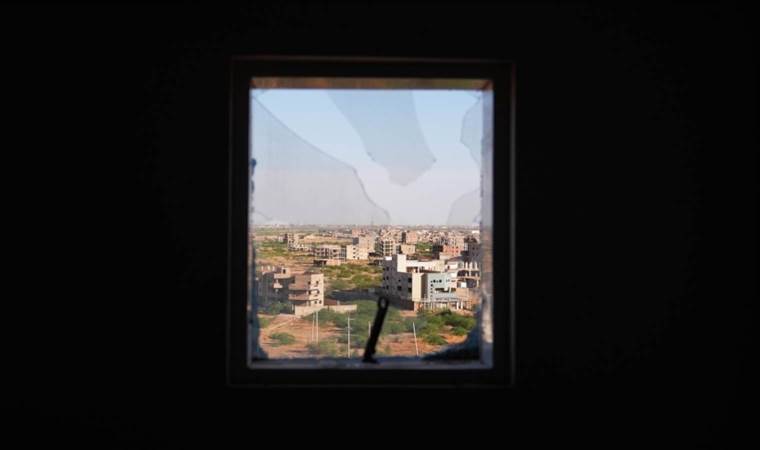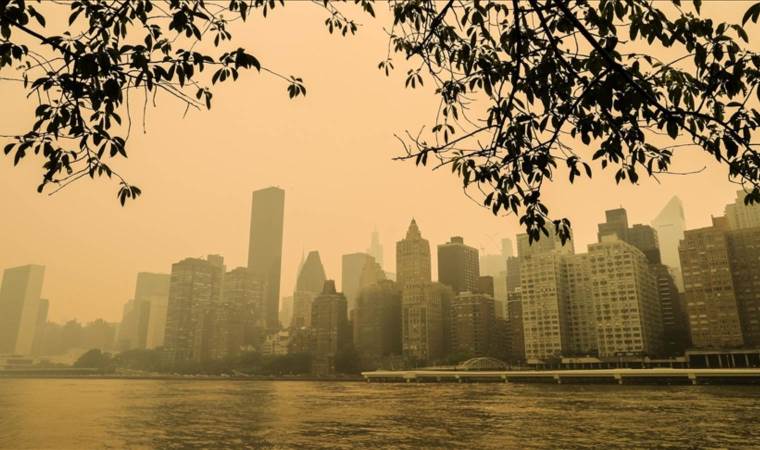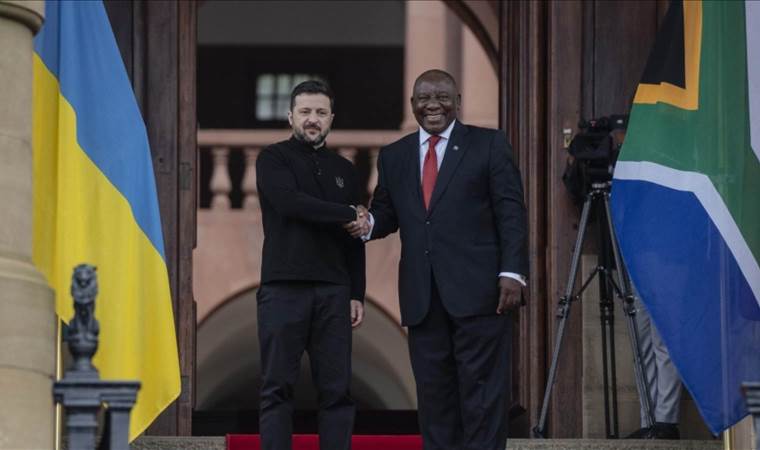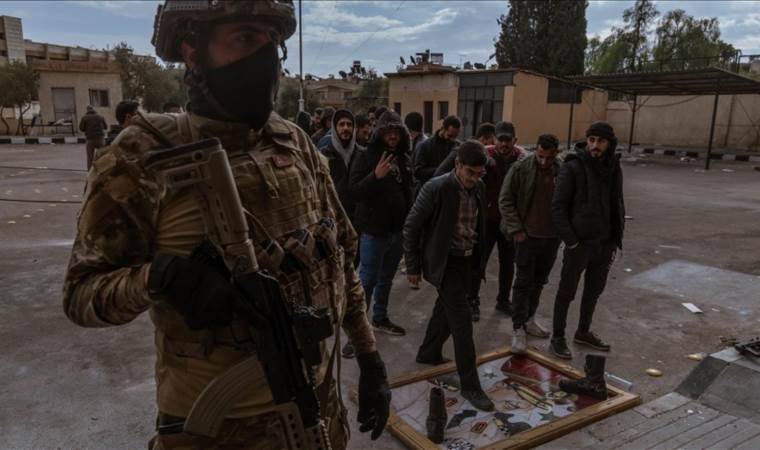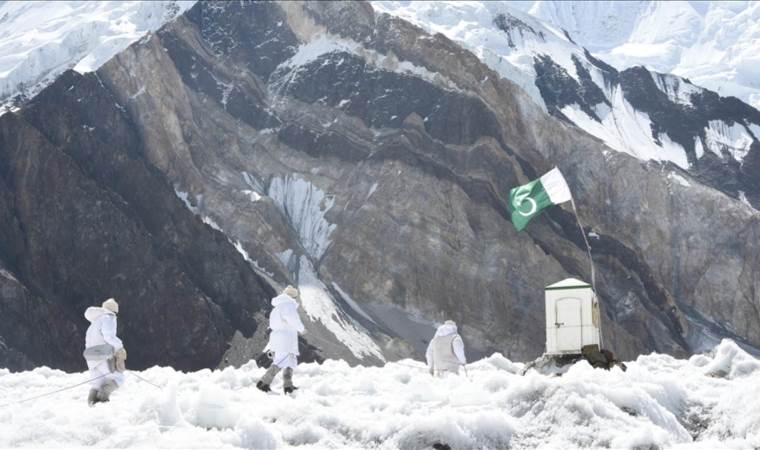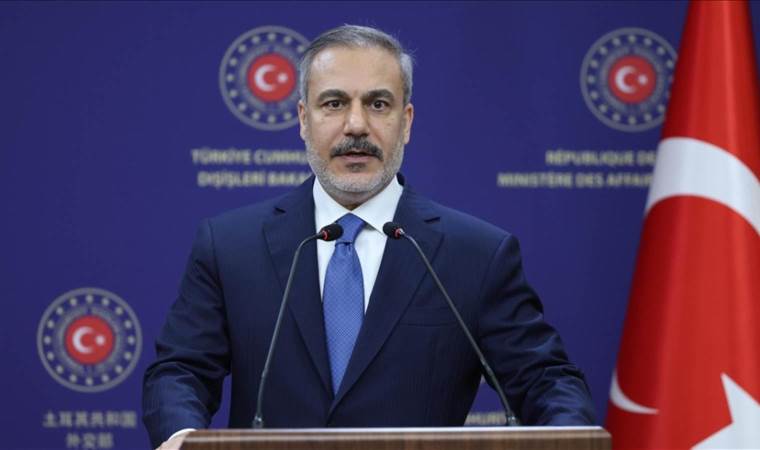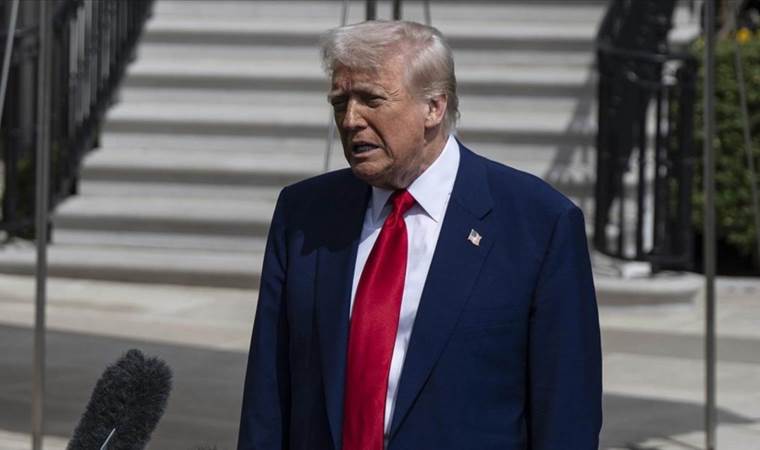A difficult journey: Qualification to 2026 World Cup
More places for Africa at the next World Cup finals has not lessened the intensity of the qualifying process, often described as the toughest in world football, and which kicks off this week.
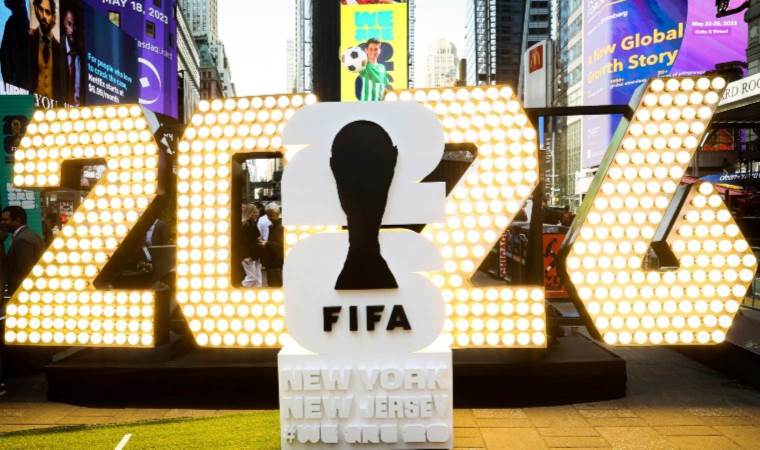
Qualification for the 2026 World Cup has begun in Asia and South America, and Africa starts its two-year qualifying campaign on Wednesday to determine who will fill the nine automatic places for the continent at the event co-hosted by Canada, Mexico and the U.S.
The expansion of the tournament from 32 to 48 teams means Africa’s quotas of finalists is increased from five to nine, with the possibility of another place through a new playoff system that has been introduced.
The long distances to travel, combined with poor and infrequent flight connections, extreme climatic conditions, unwelcoming facilities and a culture of hostility towards visiting teams have earned Africa’s qualifying process a reputation for being the hardest of the six continental confederations.
Carlos Queiroz, who coached Colombia, Egypt, Iran, Portugal, South Africa and now Qatar, once described the African preliminaries as "a nightmare".
For the 2026 World Cup, the 54 African entrants were divided into nine groups with only the winners assured of a place at the finals.
The four best-ranked runners-up will participate in a playoff to determine one team that will go onto the new-style intercontinental playoff tournament, in which one side from each continent will meet in a mini tournament to determine the last two places in the World Cup line-up.
A total of 13 African countries, starting with Egypt in 1934, have played at the World Cup finals. Cameroon are the most frequent participants with eight finals appearances.
They begin their campaign with a home match in Douala on Friday against Mauritius before a more testing trip to Libya next Tuesday in Group D.
Morocco, who last year became the first African country to reach the World Cup semi-finals, were supposed to start against Eritrea on Thursday, but the small east African nation has withdrawn from the tournament.
HERMIT COUNTRY
No reason was given but the hermit country on the horn of Africa has previously seen players defect and seek political asylum when they have gone abroad to compete.
Morocco’s first match in Group E is next Tuesday’s visit to Tanzania, who they also face in January’s Africa Cup of Nations finals in the Ivory Coast.
Zimbabwe, kicked out of the last qualifiers because they had failed to settle the contract of a former coach, return from another ban, this time for political meddling in the running of their football association, to face Rwanda away on Wednesday in the first of the 260 African group qualifiers which end in October 2025.
Zimbabwe have not played a full international in almost two years and are among 19 countries whose facilities have been condemned as not up to international standard and been forced to move their home games to a neutral venue.
Zimbabwe will stay in Rwanda after Wednesday’s opening Group C match and host Nigeria there on Sunday.
The others banned from playing at home are Burkina Faso, Burundi, the Central African Republic, Chad, Djibouti, Eswatini, Ethiopia, the Gambia, Guinea, Lesotho, Namibia, Niger, Sao Tome e Principe, Seychelles, Sierra Leone, Somalia, South Sudan and Sudan.
Most Read News
-
 Germany offers Syrians up to $4,555 to return home
Germany offers Syrians up to $4,555 to return home
-
 Despite stated ban, Spain continues to buy arms from Isr
Despite stated ban, Spain continues to buy arms from Isr
-
 China denies having talks with US on tariffs
China denies having talks with US on tariffs
-
 60 militants from paramilitary RSF killed in North Darfu
60 militants from paramilitary RSF killed in North Darfu
-
 Nearly half of Americans now live with dangerous air qua
Nearly half of Americans now live with dangerous air qua
-
 Zelenskyy partially cancels South Africa visit in wake o
Zelenskyy partially cancels South Africa visit in wake o
-
 Britain lifts sanctions against Syrian defense, interior
Britain lifts sanctions against Syrian defense, interior
-
 Pakistan says any Indian attempt to divert, stop flow of
Pakistan says any Indian attempt to divert, stop flow of
-
 Turkic world will continue to stand by Turkish Cypriots,
Turkic world will continue to stand by Turkish Cypriots,
-
 Recent Russian strikes on Kyiv were 'not necessary,' say
Recent Russian strikes on Kyiv were 'not necessary,' say
